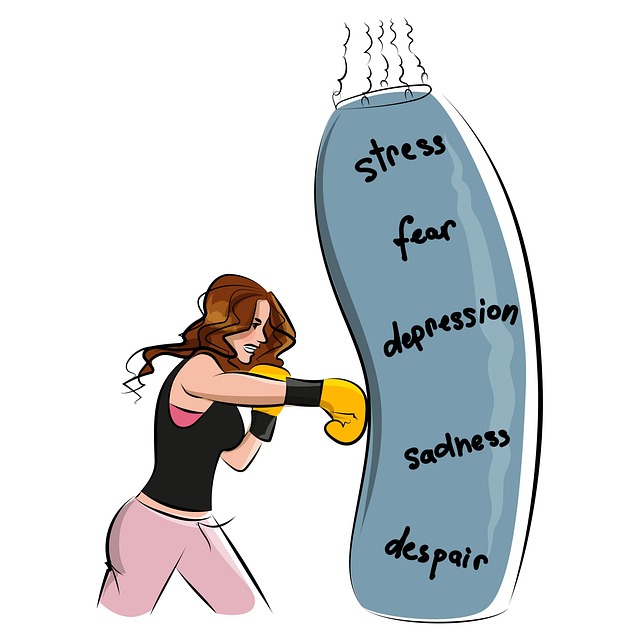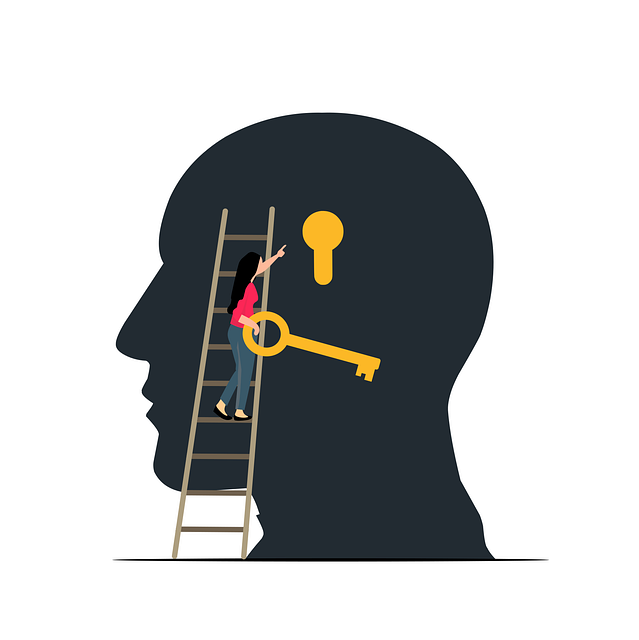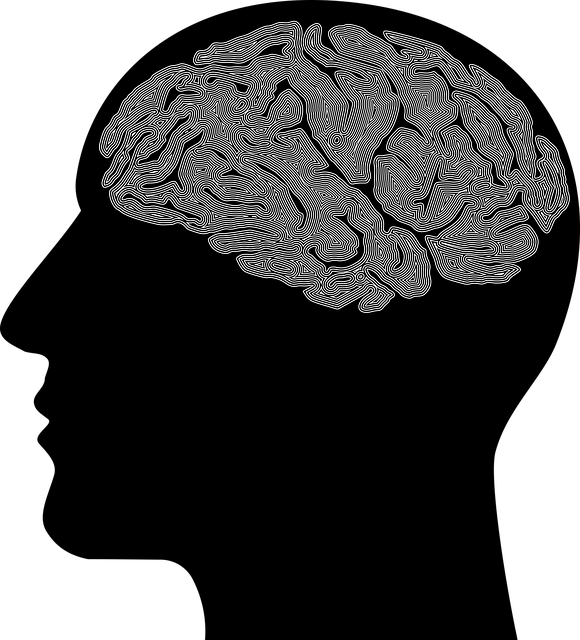Mental wellness involves emotional, psychological, and social well-being, maintained through self-care practices that balance physical and mental needs. Golden Dialectical Behavioral Therapy (DBT) teaches effective emotion regulation and distress thought management, empowering individuals to cope with challenges, reduce anxiety, and develop tailored self-care routines. By combining mindfulness, distress tolerance, and interpersonal skills, DBT fosters resilience, improves work-life balance for healthcare providers, and promotes emotional intelligence through public awareness campaigns. Personalized self-care rituals, guided by DBT principles, enhance mental wellness, prevent depression, and boost confidence, making it a powerful tool for navigating life's challenges with emotional balance.
“Uncover the power of self-care for your mental wellness journey. This comprehensive guide explores how to develop a personalized routine using evidence-based practices like Dialectical Behavioral Therapy (DBT).
We’ll delve into understanding mental wellness, leveraging DBT techniques, and identifying your unique needs. Learn to set realistic goals and craft daily rituals for mindfulness, distress tolerance, and emotion regulation. Discover the ‘golden’ approach to self-care with DBT, transforming your well-being and enhancing life satisfaction.”
- Understanding Mental Wellness and Self-Care
- The Role of Dialectical Behavioral Therapy (DBT) in Building a Routine
- Identifying Personal Needs and Setting Realistic Goals
- Crafting Your Daily Self-Care Rituals
- Integrating DBT Techniques into Your Routine: Mindfulness, Distress Tolerance, and Emotion Regulation
Understanding Mental Wellness and Self-Care

Mental wellness is a holistic state that encompasses our emotional, psychological, and social well-being. It’s about recognizing and valuing our unique worth as individuals. Self-care, on the other hand, is an active practice that enables us to maintain and enhance our mental health. It involves attending to our physical, mental, and emotional needs in a balanced way, fostering both stability and growth.
By integrating practices like Golden Dialectical Behavioral Therapy (DBT), which focuses on teaching individuals effective coping mechanisms for regulating emotions and managing distressing thoughts, one can cultivate a robust self-care routine. This approach, known for its success in Anxiety Relief, empowers individuals to develop healthy habits that boost confidence and promote overall well-being. Self-care practices, when tailored to individual needs, become powerful tools for navigating life’s challenges and cultivating mental wellness.
The Role of Dialectical Behavioral Therapy (DBT) in Building a Routine

Dialectical Behavioral Therapy (DBT) offers valuable tools to develop a robust mental wellness self-care routine. This therapy is renowned for its effectiveness in treating complex emotional disorders, particularly borderline personality disorder. DBT’s core components include mindfulness, distress tolerance, emotion regulation, and interpersonal skills, all of which contribute to building resilience and coping mechanisms. By integrating these principles into daily life, individuals can enhance their ability to navigate challenges, reduce impulsive behaviors, and improve overall emotional well-being.
For healthcare providers facing burnout, DBT’s strategies are particularly relevant. Incorporating mindfulness practices and effective communication skills, as promoted by DBT, can help professionals manage stress, maintain work-life balance, and ultimately, deliver better patient care. Public awareness campaigns that emphasize the importance of mental health self-care can further benefit from understanding these Mind Over Matter principles, fostering a culture of resilience and emotional intelligence.
Identifying Personal Needs and Setting Realistic Goals

Identifying personal needs is a crucial step in developing an effective self-care routine, especially when navigating mental wellness. This process involves introspective awareness and acknowledging one’s unique emotional and psychological requirements. By understanding triggers, coping mechanisms, and areas of distress, individuals can tailor their self-care practices to address specific mental health concerns. For instance, some may prioritize stress reduction techniques like mindfulness meditation or yoga, while others might focus on building a consistent sleep routine or engaging in creative outlets for emotional expression.
Setting realistic goals is an integral part of this journey. It’s essential to establish achievable objectives that align with one’s capabilities and circumstances. The Golden Rule here is to start small and gradually build upon successful practices. Dialectical Behavioral Therapy (DBT) emphasizes the balance between accepting one’s current state and making positive changes, which can be applied here. Through DBT’s therapy techniques, individuals learn to manage intense emotions, improve interpersonal effectiveness, and enhance distress tolerance, all of which contribute to a sustainable self-care routine that fosters mental wellness and reduces the impact of mental illness stigma reduction efforts. Additionally, empathy building strategies and mental health education programs design can empower individuals to support themselves and others in breaking down barriers related to mental health discussions.
Crafting Your Daily Self-Care Rituals

Crafting your daily self-care rituals is a powerful step towards enhancing your mental wellness and adopting a healthier lifestyle. These rituals become personal practices that cater to your unique needs, helping you navigate life’s challenges with resilience. Whether it’s early morning meditation, journaling, or an afternoon walk in nature, each activity contributes to a balanced mind. The Golden Dialectical Behavioral Therapy (DBT) emphasizes the importance of mindfulness and self-regulation, making it an excellent framework for building these rituals. By integrating activities that soothe your senses, challenge negative thought patterns, and promote emotional balance, you can create a robust foundation for your mental health.
Self-care is not just about treating yourself; it’s about cultivating a consistent practice that prevents depression and boosts confidence. When incorporated into your daily routine, these rituals become an integral part of self-preservation, ensuring you prioritize your well-being. Remember, every small act of self-love and care adds up to significant improvements in mental health over time.
Integrating DBT Techniques into Your Routine: Mindfulness, Distress Tolerance, and Emotion Regulation

Integrating Dialectical Behavioral Therapy (DBT) techniques into your mental wellness self-care routine can significantly enhance your coping skills development and emotional well-being promotion. DBT, renowned as a golden therapy for individuals dealing with complex emotions, offers practical tools to navigate intense feelings. Mindfulness, one of the core components, encourages staying present in the moment, allowing you to observe thoughts without judgment. This heightened awareness fosters better decision-making during distressing situations.
Distress tolerance and emotion regulation are equally vital elements. Distress tolerance skills equip individuals with strategies to endure emotional pain without resorting to harmful behaviors. Emotion regulation techniques enable one to understand and manage feelings effectively, leading to improved resilience building. By adopting these DBT practices consistently, you can create a more balanced and adaptive self-care routine, ultimately promoting a healthier mental state.
Developing a mental wellness self-care routine is a transformative journey, and integrating techniques from Golden Dialectical Behavioral Therapy (DBT) can significantly enhance its effectiveness. By understanding your mental health needs and setting realistic goals, you can create rituals that foster mindfulness, distress tolerance, and emotion regulation. This structured approach, inspired by DBT, allows for a more balanced and resilient life, empowering individuals to navigate challenges with greater ease. Embrace the power of self-care and unlock your emotional well-being’s true potential.














